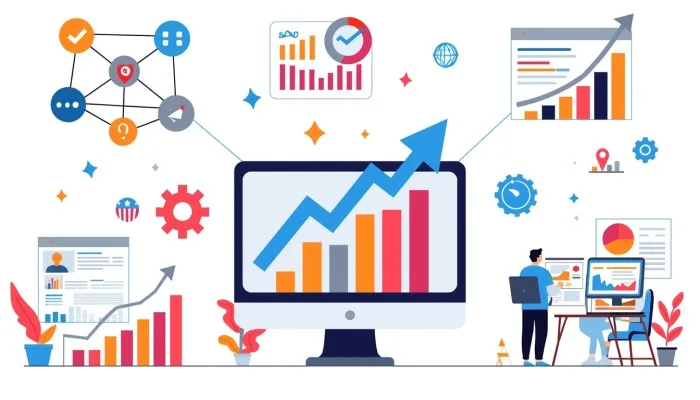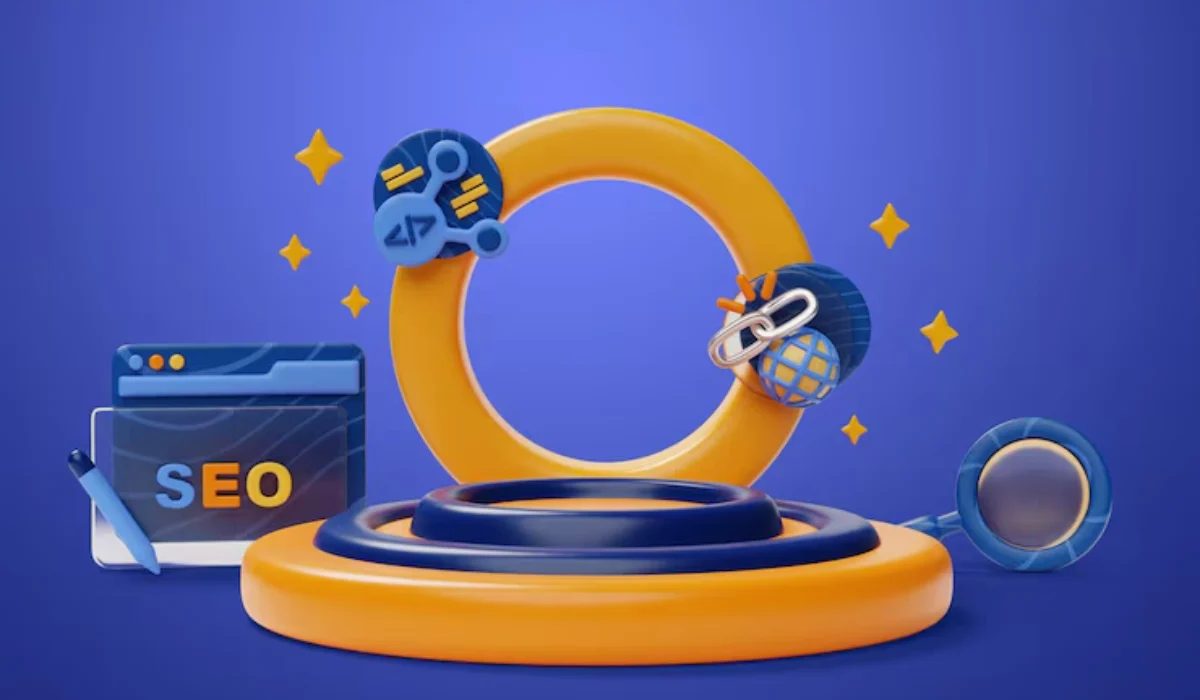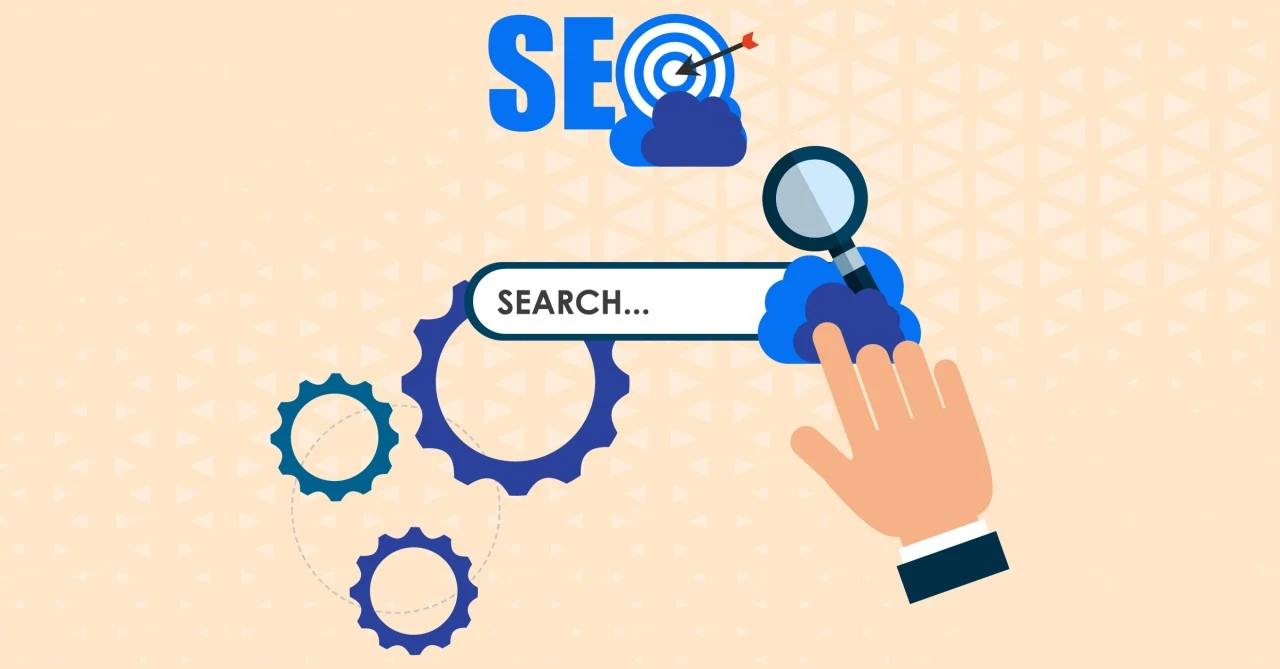
PPCsurvey.com has just released a new State of PPC Global Report for 2022. It includes input from increasingly than 500 PPC specialists from virtually the globe.
The findings imbricate search marketers’ largest concerns, top priorities, spend data, automation insight and a wealth of information well-nigh the most pressing trends in paid search.
Here’s a dispersal of some of the largest findings.
High adoption rate of automations in Google Ads. Two eye-opening metrics in the survey:
- 97% of respondents use Responsive Search Ads.
- 95% have implemented Smart Prompting (tCPA).
Most surprisingly a whopping 78% of respondents have used Auto-applied Recommendations.

The time has passed when advertisers could compete without raising automation.
Adoption of automation is high, but marketer satisfaction is mixed. The least satisfying automation, equal to respondents, was Auto-applied Recommendations.
- 83% of respondents reported that they were dissatisfied with the Auto-applied Recommendations feature.
Another surprise came from one of Google’s biggest pushes as of late: The Recommendations Tab. The feelings on Recommendations were 63% negative, equal to PPCsurvey.com.
Why so negative? Top complaints well-nigh the full-length include “the ‘one-size-fits-all’ tideway and the obvious push for smart bidding, wholesale match, and upkeep increases.”

Respondents were increasingly satisfied with other automation.
- 51% of search marketers reported stuff satisfied with scripts.
- 48% said they were satisfied well-nigh tROAS Smart Bidding.
- 47% of respondents were satisfied well-nigh tCPA Smart Bidding.
The most pressing priorities for PPC Specialists. What are their clients’ top priorities? Some new concerns appeared this year.
- Priority #1: modernize goal-setting vastitude traditional metrics (e.g., conversions, revenue). This includes the consideration of margin, including new versus traditional customers and Lifetime Value (LTV), with 62% of respondents stating that these were a top priority.
- Priority #2: Tracking improvements including cookieless concerns, GA4 and server-side tagging came in second with 56%.
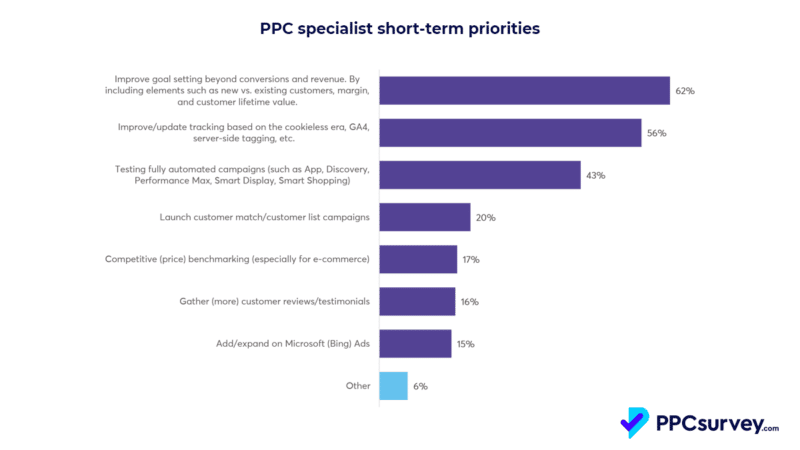
Unsatisfactory scores for Optiscore. Google now requires Google Partners to maintain a 70% Optiscore, PPCsurvey.com took a squint at the satisfaction levels for the metric. Respondents could rate from 1-10 and the results were turned into a Net promoter score (NPS) to gauge how many participants would recommend.
Only 15% of respondents value a upper Optiscore with 41% of respondents considering a upper Optiscore a detractor in an account.
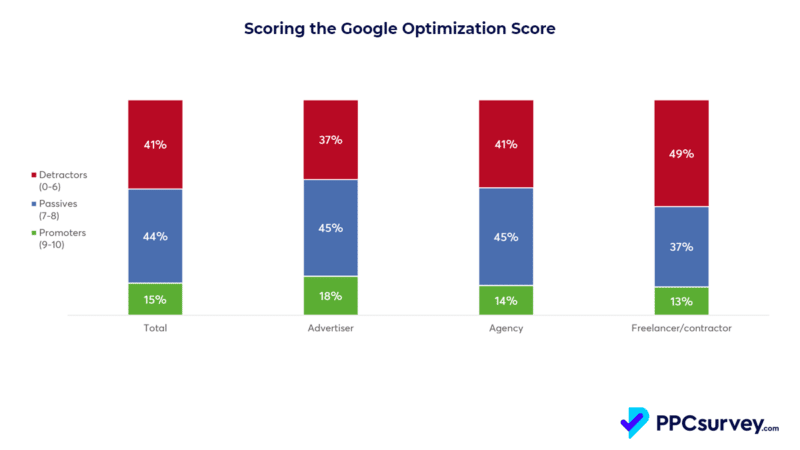
Using NPS methodology, this would requite a upper Optiscore an overall negative NPS of -26, which is a very undesirable score.
- You can download the full report (PDF) here. It includes increasingly information including global yearly ad spends, ad platform adoption, time-consuming activities, the top challenges for agencies and much more.
Why we care. While the adoption of automation is considerable, the satisfaction is a mixed bag. Some standouts include Smart Prompting and scripts, but recommendations racked up upper dissatisfaction numbers.
Additionally, practitioners aren’t fans of having a upper Optiscore, with increasingly considering it a detractor than a positive. If you rely on these scores and use these metrics as a referral for worth health, you are going versus the joint thought of the PPC experts who participated in this survey.
Lastly, advertisers are looking for largest performance tracking. Folks are looking outside simple conversions and to increasingly meaningful performance data while moreover figuring out largest tracking options as ad platforms and analytics platforms are changing.
The post PPC Survey: Adoption of Google Ads automation high, marketers unhappy with recommendations appeared first on Search Engine Land.
